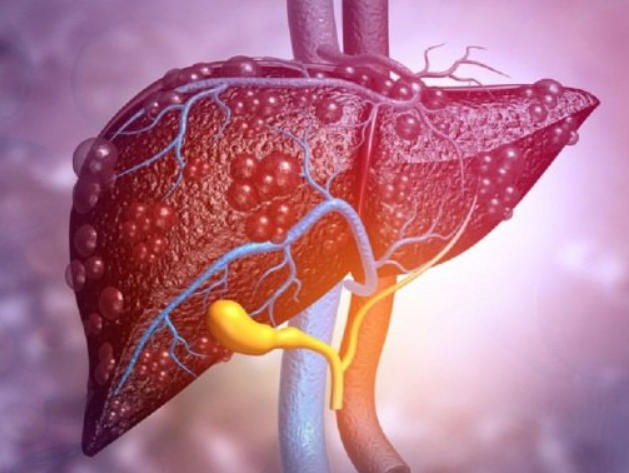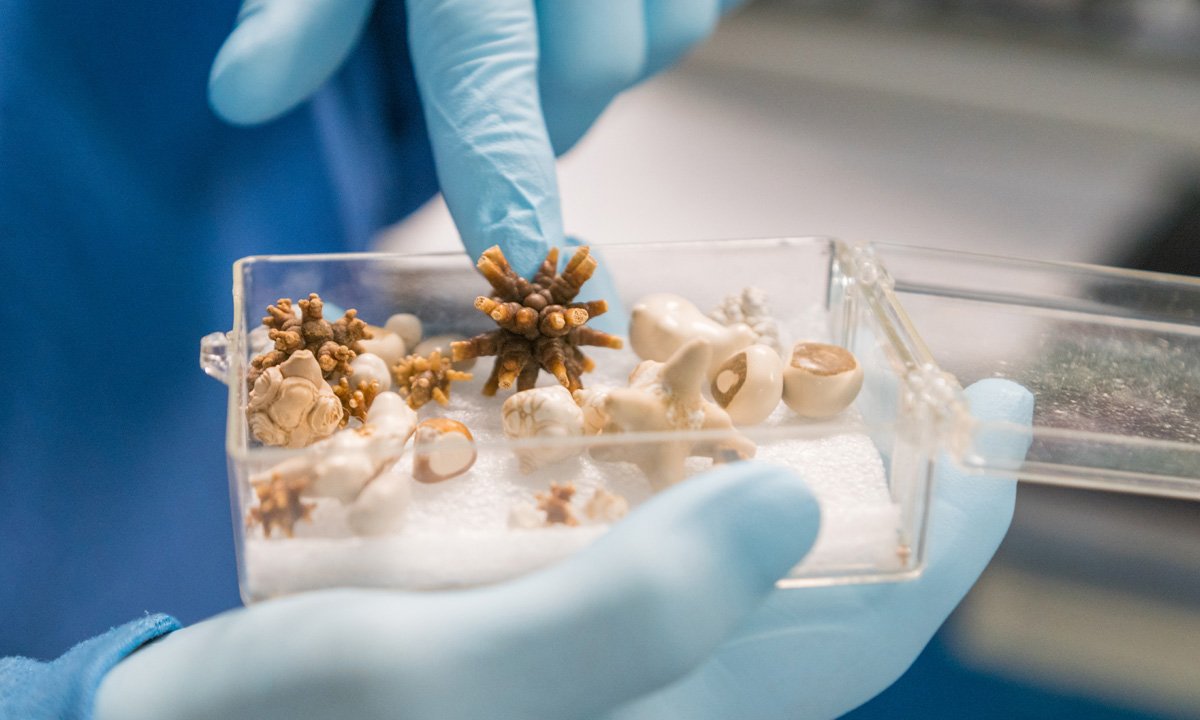Urea – what is it? What are the signs of low or high urea levels in the body?
As a result of the breakdown of amino acids in protein, urea is an important criterion for assessing the health of the kidneys and liver. A blood urea test is usually part of a periodic test to determine a person’s overall health and metabolism.
How does blood urea work?
In the liver, nitrogen is converted into ammonia, which then combines with other chemicals to produce urea, a waste product. Following this, urea enters the kidneys through the blood, and after leaving the blood, it is excreted through the urine.

The kidneys excrete about 10 grams of urea daily with a normal diet. The intestines, lungs, and skin remove a small amount of urea from the body each day. Therefore, 90% of the urea in the body can be eliminated if the kidneys function properly. Blood urea (BUN) indicates the balance between urea production in the liver, urea breakdown, and urea removal by the kidney.
In the early stages of kidney disease, there are usually no symptoms, but some factors can cause it, such as:
Kidney disease in the family;
Diabetic;
An increase in blood pressure;
Diseases of the heart.
The amount of blood urea can be affected by many kidney and liver diseases. The amount of urea in the body increases if the liver produces more urea or if the kidney excretes urea.
Who should undergo a urea test?
It is usually prescribed for people who have symptoms of kidney dysfunction, such as:
Urination frequently;
A change in the color of the urine (bloody, dark, or foamy);
joint pain;
Skeletal pain;
back ache;
muscle cramps;
restless legs;
fatigue;
sleep problems;
loss of appetite;
itching
During a blood test, what is the normal level of urea?
Urea and creatine levels determine the health of the kidneys and should be within a certain range. A specific index may be used in different countries to measure this range, such as:
Urea molecules are measured in Europe in the range of 1.8 to 7.1 mmol/L;
Urea nitrogen composition is measured in America and ranges from 5 to 20 mg/dL;
There are many factors that affect blood urea levels, including:
Dietary protein;
Breakdown of protein;
Hydration status of the body;
The amount of liver urea produced;
Kidneys remove urea at a specific rate.
When does blood urea decrease?
A decrease in urea is less common than an increase, so it is usually not a cause for concern. It can, however, be a sign of underlying problems, such as:
Diets low in protein, malnutrition, or starvation.
Alcohol abuse or liver disease can cause liver dysfunction.
The use of anabolic steroids reduces protein breakdown.
Drinking too much water.
Children with growth hormone deficiency who receive human growth hormone have less urea.

High blood urea symptoms include what?
Having a high level of urea is a sign of serious health problems. In contrast, high urea can increase oxidative stress in cells. Protein breakdown can lead to decreased immune function, infection, and death when urea levels are high. Increased urea levels can also increase the risk of stroke during heart surgery and have a negative effect on people with atherosclerosis and heart failure.
Age is often associated with an increase in blood urea levels.
The cause of increased urea levels
The following factors may contribute to increased urea levels:
An obstruction of the urinary tract caused by kidney stones or kidney disease;
Dehydration or a decrease in water consumption (an increase in urea due to a decrease in blood volume);
Diet high in protein;
Infection or fever;
Exercise that is intense;
Stress;
Failure of the heart;
A bleeding intestine;
poor circulation;
thyroid problems;
Anti-anabolic drugs such as glucocorticoids and tetracycline;
Growth hormone or insulin growth factor-1 reduction;
Urea cycle genetic disorders.
Blood urea can be reduced by drinking plenty of water, reducing protein intake, and losing weight (in people with a high BMI).
Changes in blood urea caused by chronic kidney disease
Chronic kidney disease is caused by a variety of factors, including:
Hypertension;
Cholesterol high;
Diabetic;
Glomerulonephritis is an inflammation of the kidney;
An infection of the kidney;
Stones in the kidney;
Prostate enlargement;
Non-steroidal anti-inflammatory drugs used long-term;
The polycystic kidney disease.
What can be done to maintain a normal level of urea?
It is possible to maintain and improve kidney function with a few lifestyle changes. Reducing the abdominal circumference of people with metabolic syndrome improves glomerular filtration (another indicator of kidney function).
Improved kidney health can be achieved with a proper diet, especially the Mediterranean diet. Diets rich in fruits, vegetables, legumes, nuts, grains, olive oil, and fish can be beneficial. The amount of meat, saturated fat, and chicken in this diet is low.
Maintaining kidney health requires exercise. Researchers have found that exercising can improve the performance of people with cardiovascular diseases and kidney diseases.
Diabetes or high blood pressure are often the causes of chronic kidney disease. Such diseases can be prevented by choosing a healthy lifestyle. Diabetes can be prevented, for instance, by consuming the right amount of protein and reducing the consumption of salt and trans fats, which are high in processed foods. Maintaining kidney health also requires drinking enough water. A lack of water over a long period of time can damage the kidneys and affect their ability to purify blood. Drink more water if you exercise or work in a hot environment.


